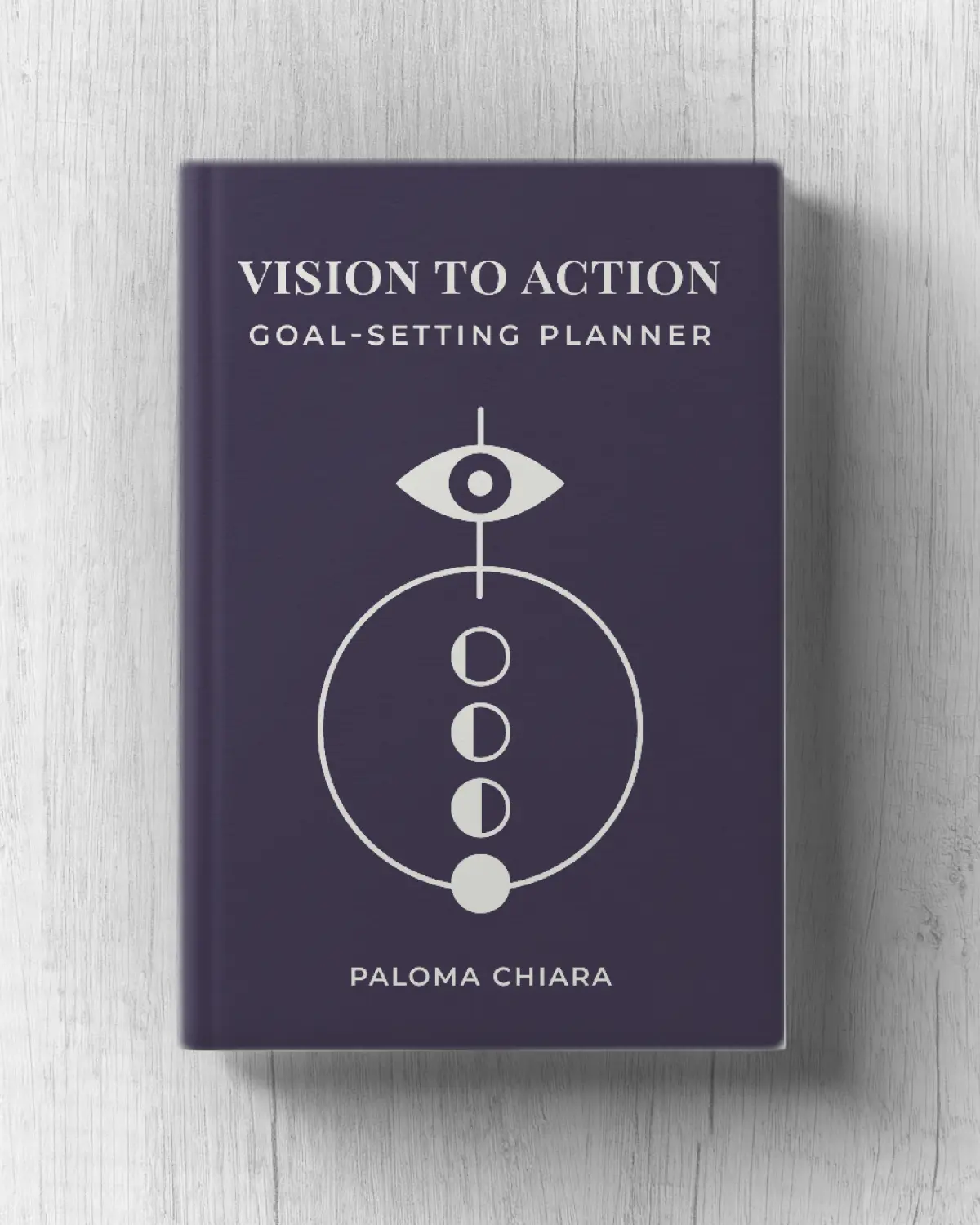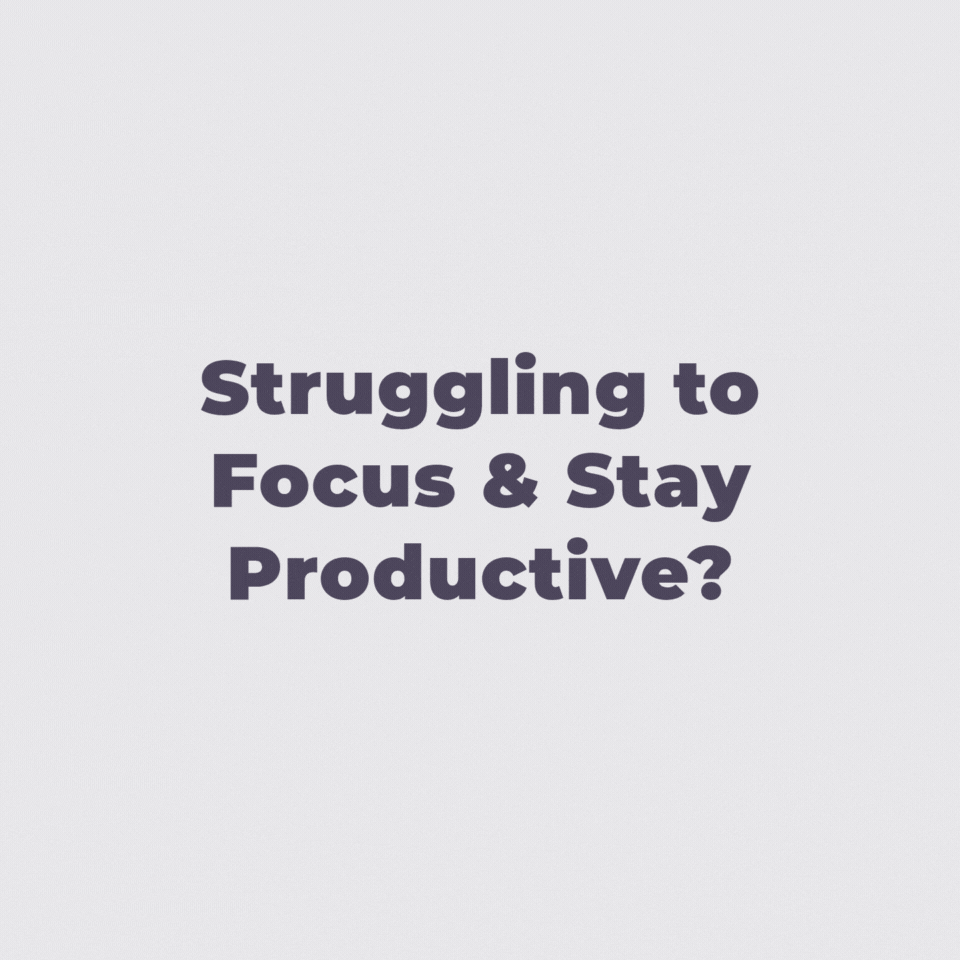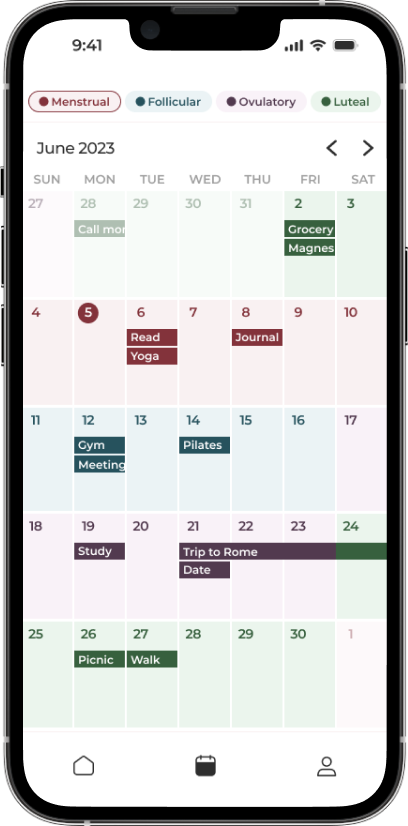QUIZ! Do You Need a Life Coach or Therapist?

Quiz: Do You Need a Life Coach or Therapist?
This quick quiz will help you figure out which option might suit you best based on your current needs and goals. Read each question and choose the answer that feels most true to your situation. No email or payment required.
Regardless of your results, remember that both life coaches and therapists can play valuable roles in personal development. If you’re unsure, consider reaching out for a consultation with both to see which path feels right for you.

Check out the Vision to Action Planner for only 6$
More infoDifferent Approaches: Life Coach vs. Therapist
Goal Setting
Life Coach:
- Focus on helping clients set and achieve specific goals.
- Techniques: SMART goal-setting (Specific, Measurable, Achievable, Relevant, Time-bound), visualization exercises.
- Use accountability measures like regular check-ins and progress tracking.
Therapist:
- Goals revolve around emotional healing and mental health improvement.
- Approach: Exploratory, understanding underlying issues affecting behavior and emotions.
- Techniques: Cognitive-behavioral therapy (CBT) to understand thought patterns and set realistic goals for emotional well-being.
Exploring Emotions
Life Coach:
- Focus on how emotions affect goal achievement.
- Encourage clients to acknowledge and manage feelings to support ambitions.
- Techniques: Motivational techniques and positive affirmations.
Therapist:
- Delve deeper into emotional exploration.
- Help clients unpack and process feelings related to past experiences, trauma, or relationships.
- Techniques: Talk therapy, mindfulness, art therapy.
Problem-Solving
Life Coach:
- Solution-focused approach.
- Emphasize practical strategies and actionable steps to overcome obstacles.
- Techniques: Brainstorming sessions, role-playing, future-mapping.
Therapist:
- Analytical approach to problem-solving.
- Explore root causes of issues before seeking solutions.
- Techniques: Psychodynamic therapy to understand how past influences present behaviors.
Accountability
Life Coach:
- Accountability is a cornerstone.
- Frequently check in with clients to ensure follow-through on commitments and progress.
Therapist:
- Offer support and guidance without focusing on accountability.
- Encourage self-reflection and personal responsibility.
Behavior Modification
Life Coach:
- Employ behavior modification techniques to develop new habits or change undesirable behaviors.
- Techniques: Positive reinforcement, habit-tracking apps, reward systems.
Therapist:
- Use behavioral therapy techniques to modify behavior, particularly for anxiety or depression.
- Techniques: Exposure therapy to gradually face fears in a controlled environment.
Support and Encouragement
Life Coach:
- Provide encouragement and motivation to pursue goals.
- Techniques: Motivational interviewing, positive psychology.
Therapist:
- Offer emotional support, empathy, and validation.
- Create a safe, non-judgmental space for clients to express feelings.
- Techniques: Active listening, reflective responses.
While both life coaches and therapists aim to help individuals improve their lives, their techniques and approaches differ significantly based on their focus. Life coaches emphasize goal achievement, motivation, and accountability, often using practical and solution-focused techniques. In contrast, therapists provide deeper emotional exploration and healing, focusing on mental health issues and utilizing therapeutic methodologies to help clients understand and process their experiences. Depending on individual needs, one may be more appropriate than the other.
Still waiting for the 'perfect time'?
Email me what you'd do if you stopped making excuses. We'll work backwards from there.
Let's startRecent posts
-
The Complete Guide to Becoming a High Achiever
Read blog -
How To Make a Positive Impact in Your Community
Read blog -
What Is the “Winter Arc” Challenge?
Read blog -
What Is "the Great Lock-In" and Should You Try It?
Read blog -
What Are the 75 Hard and Soft Challenges?
Read blog -
How to Validate Yourself
Read blog

The App Made To Sync Your Lifestyle to Your Menstrual Cycle.
A solution for women who are looking to keep track of what they sync to their cycles, such as fitness, diet, etc. by adding it to a calendar that also predict their phases.
Learn more





Comment